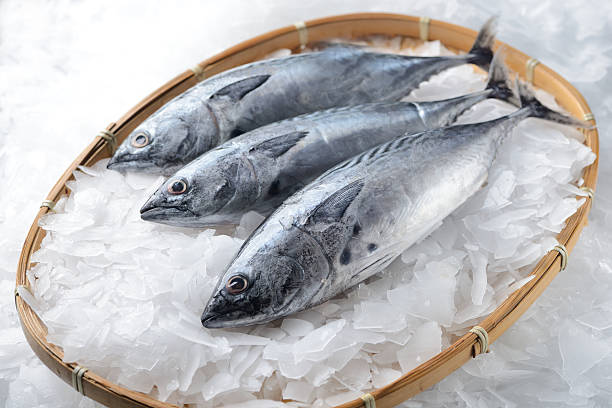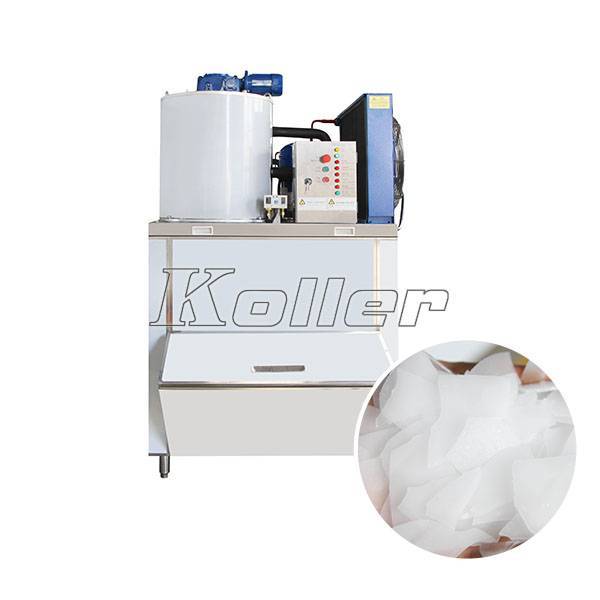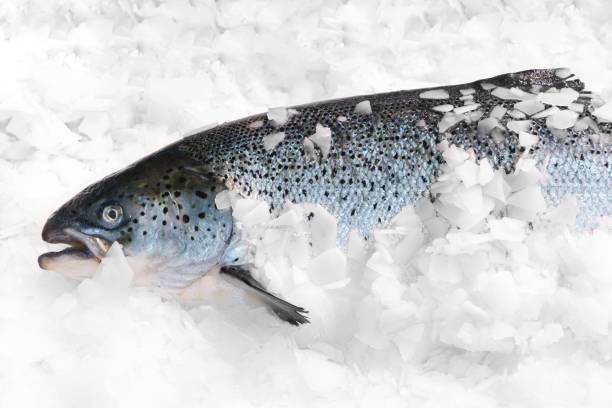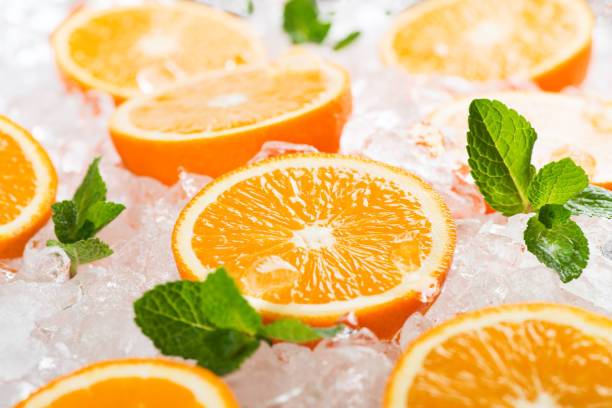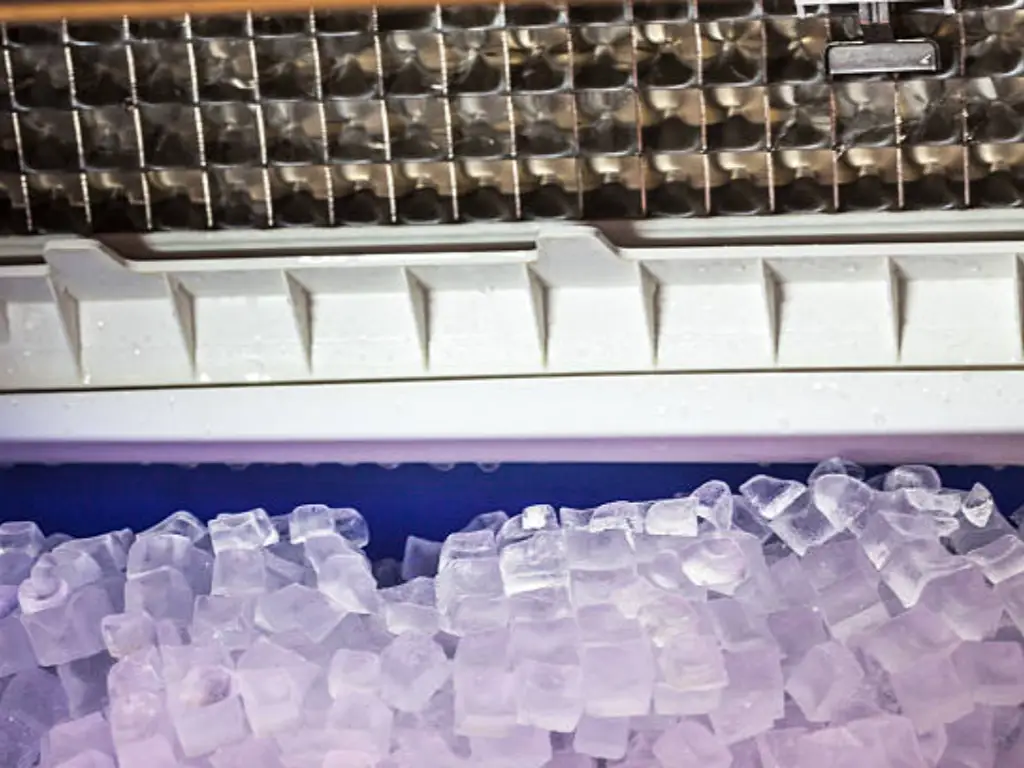| Ice Shape/Condition | Aplicaciones |
| Dividir hielo en partes | cooling and preserving food and beverages |
| Bloque de hielo | longer periods of cooling or that involve heavy-duty machinery |
| bola de hielo | rapid cooling, or cooling delicate products that cannot withstand the weight of heavier ice types |
| Hielo en escamas | the production of processed seafood products |
| Plato de hielo | commonly used in the production of baked goods |
| Hielo de lodo | transport live seafood |
| Tubo de hielo | cool beverages quickly |

Fuente: Tucal
Ice is a crucial element in many industries, from food and beverage to pharmaceutical and chemical. The type and size of ice required for specific applications depend on various factors, including the product’s temperature, transportation time, and storage conditions. The different types of industrial ice, their sizes, and conditions, and the applications they are best suited for will be explored.
Dividir hielo en partes

Fuente: Pixabay
Introduction
Cube ice is the most common type of ice used in commercial and industrial applications. This type of ice is made by freezing water in a mold, resulting in a clear, solid block of ice with a distinct, forma uniforme. Cube ice is available in various sizes, ranging from small, half-inch cubes to larger, two-inch cubes.
Aplicaciones
One of the primary applications of cube ice is for cooling and preserving food and beverages. Due to its uniform shape and size, cube ice is ideal for use in ice machines and dispensers, and it melts slowly, ensuring that beverages remain cold for an extended period. Cube ice also finds use in healthcare facilities, where it is used for ice pack therapy and other medical applications.
Bloque de hielo
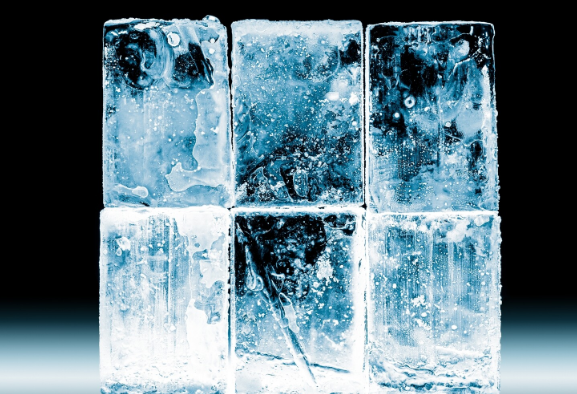
Fuente: ICON
Introduction
Block ice is a type of industrial ice that is made by freezing water in large, rectangular molds. This type of ice is denser and harder than cube ice, making it ideal for applications that require longer periods of cooling or that involve heavy-duty machinery. Block ice is available in various sizes, ranging from small, ten-pound blocks to larger, hundred-pound blocks.
Aplicaciones
Fishing and seafood industry used block ice which keeps fish and other seafood fresh during transportation and storage. Its density and slow melting rate ensure that the product remains cold for an extended period, reducing the risk of spoilage and improving overall product quality.
bola de hielo
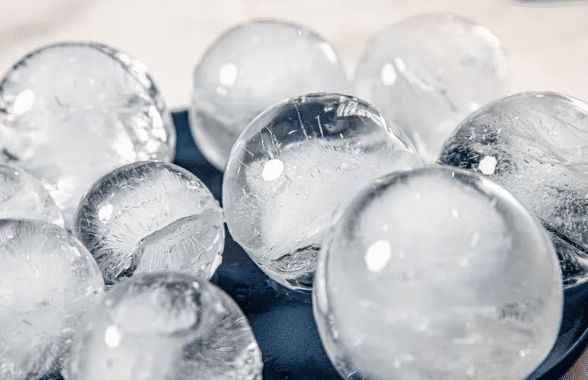
Fuente: Serious Eats
Introduction
Ball ice is a relatively new type of industrial ice that has been gaining popularity in recent years. Unlike cube or block ice, ball ice is made by spraying water into a mold, resultando en pequeño, round balls of ice. Ball ice is less dense than other types of ice, which makes it ideal for applications that require rapid cooling or that involve delicate products that cannot withstand the weight of heavier ice types.
Aplicaciones
Ball ice can be also used in the cocktail and beverage industry. Ball ice is perfect for use in high-end bars and restaurants, where it is used to chill and enhance the presentation of cocktails and other beverages. Due to its small size, ball ice melts more quickly than other types of ice, which can help to prevent over-dilution of drinks and maintain their flavor and quality.
Another application of ball ice is in the display and transportation of delicate foods. Ball ice is often used to keep fruits and vegetables fresh and crisp during transportation and display. Its small size and low density make it easy to handle and distribute, while its rapid melting rate ensures that the product stays cool without becoming waterlogged or damaged.
Hielo en escamas
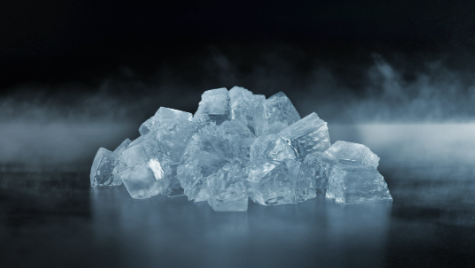
Fuente: HOSHIZAKI
Introduction
Hielo en escamas is made by spraying water onto a refrigerated drum. The water quickly freezes on contact, forming thin and flaky ice sheets that are then scraped off the drum and broken into smaller pieces. Flake ice is known for its soft and malleable texture, which makes it ideal for a range of industrial applications.
Aplicaciones
One of the applications of flake ice is in the seafood industry. It can pack and transport fish and other seafood, as its soft texture conforms to the shape of the product, ensuring that it remains cool and fresh during transit. Además, flake ice is often used in the production of processed seafood products, such as shrimp and crab meat, where its quick-freezing properties help to preserve the flavor and texture of the product.
Plato de hielo

Fuente: recom-ice
Introduction
Plate ice is formed by freezing water onto a flat surface or plate. The resulting ice sheet is thin and flat, with a thickness ranging from a few millimeters to a few centimeters.
Aplicaciones
Plate ice is often used to cool and preserve products during transportation and storage, as its large size and slow melting rate ensure that products remain at a consistent temperature for an extended period. Además, plate ice is commonly used in the production of baked goods, where it is used to cool dough and other ingredients to prevent them from sticking together or becoming too warm.
Hielo de lodo
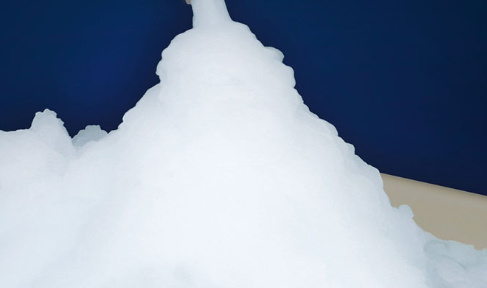
Fuente: Innfish
Introduction
Slurry ice is one type of ice that is made by mixing water and small ice particles to form a slushy mixture. This type of ice has a slushy texture and a lower freezing point than other types of ice, which makes it ideal for applications that require rapid cooling or that involve delicate products that cannot withstand the weight of heavier ice types.
Aplicaciones
Slurry ice can be applied in the fishing and seafood industry. It is used to keep fish and other seafood fresh during transportation and storage. Its slushy texture and low freezing point ensure that the product remains cool for an extended period, reducing the risk of spoilage and improving overall product quality. Además, slurry ice is often used to transport live seafood, such as lobsters and crabs, as it provides a gentle and consistent cooling environment that reduces stress on the animals.
Tubo de hielo
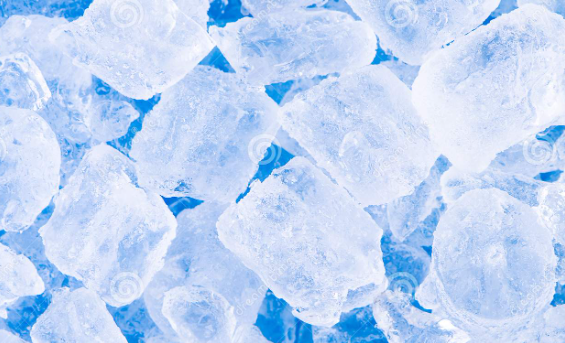
Fuente: Dreamstime
Introduction
Tube ice is a hollow, cylindrical-shaped ice that is made by freezing water in a tube-shaped mold. This process allows for the formation of a clear, hard, and long-lasting ice cube that is perfect for use in a variety of applications.
Aplicaciones
It is commonly used in the food and beverage industry for its unique shape and ability to cool beverages quickly. Además, tube ice comes in various sizes, incluido pequeño, medium, and large. Small tubes are commonly used in cocktails, smoothies, and iced coffee, while medium tubes are used in blended drinks and food displays. Large tubes are used in high-end cocktails and scotch, providing a slow-melting ice cube that does not dilute the drink’s flavor.
Conclusión
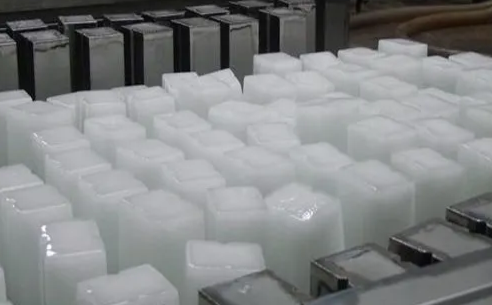
Fuente: IndiaMART
En conclusión, the size and condition of ice are essential factors to consider when selecting an appropriate ice product for a specific application. Dividir hielo en partes, bloque de hielo, ball ice, hielo en escamas, plato de hielo, hielo en suspensión, y tubo de hielo are all commonly used in various industries. Each type of ice has unique sizes, conditions, and applications that make them suitable for specific industries. Understanding the different types of ice and their applications can help industries select the appropriate ice product for their needs.


